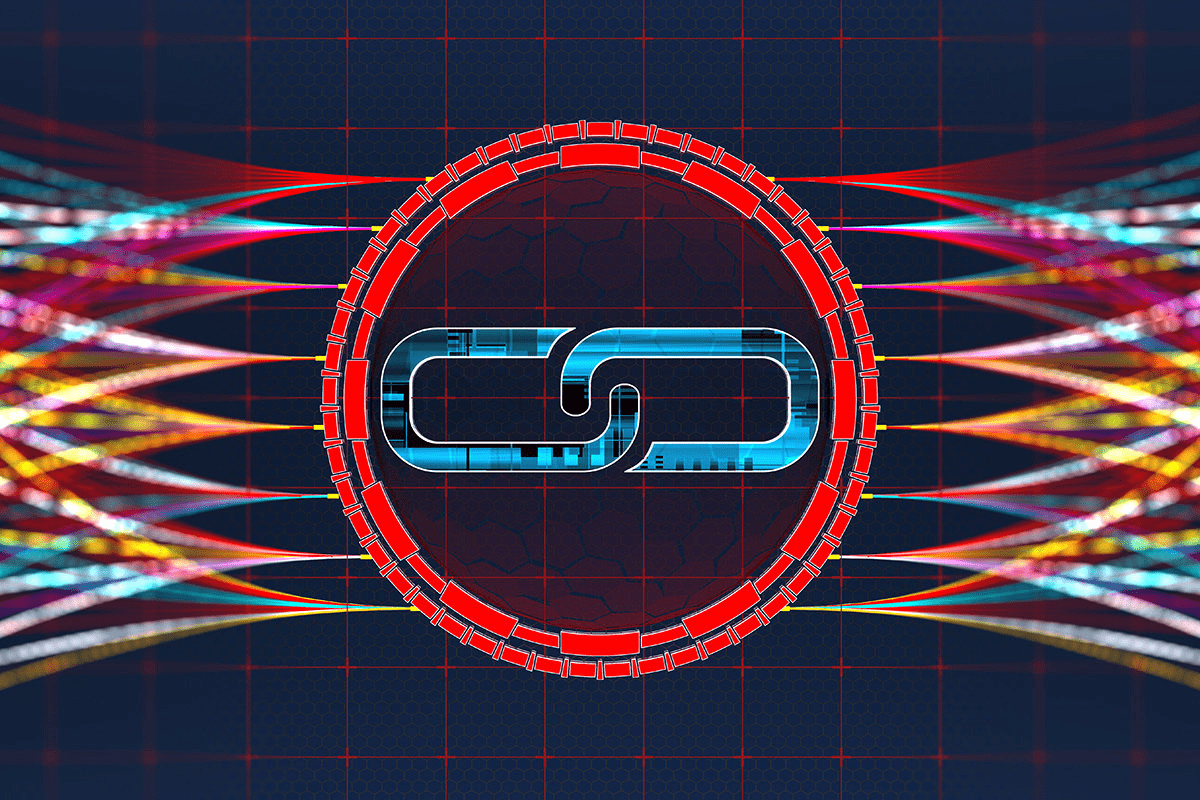- March 4, 2026 11:09 pm
- California

Blockchain is more of the backend technology, unlike the snazzy technologies like drone tech and virtual reality that inclines more on the consumer-end. When you implement blockchain technology, most people probably won’t even notice it – they’ll only see what it allows them to do.
In any case, business organizations utilizing blockchain applications across an entire range of sectors can reap numerous benefits, including greater transparency, transaction proofs without the necessity of a central authority, immutability, and consent-based privacy and security. But besides the many advantages, one must know where blockchain technology is most promising.
Currently, blockchain applications are assisting organizations with verifying and confirming job seekers’ credentials and so on. For instance, a college or a university can issue degrees on a blockchain platform, allowing graduates to share their verified details and credentials with employers easily.
Insurance companies are one of the many business industries discovering blockchain benefits. Settling claims, updating, and creating new policies can be time-consuming and complex since it typically involves several parties. Anything that can improve and these processes will provide benefits to both the insurer and the specific services customers.
Take marine insurance, for example. It’s quite a complex business sector, wherein various organizations ensure various parts of shipping activity, like cargo, liability, hull, risk, and loss of freight income. Utilizing a blockchain interface to put policies allows different parties to share and follow up on information across a single application. Everybody with authorization to use the chain can see approvals and changes in real-time. There’s no necessity to go to and for with individual parties and later return to the rest for approval.
Another area that features the advantages blockchain can bring to a broad scope of ventures is the international diamond trade. Blockchain in the diamond trade gives a reliable, transparent, and permanent record of each process in the supply chain – from mining to purchasing. In the case of diamonds and precious stones, blockchain allows jewelers to showcase their items as conflict-free.
There are numerous other blockchain uses, too, from energy sales and pricing to online gaming trades, and the list goes on. So, when considering whether blockchain may work for your business, it’s best not to begin by pondering blockchain solutions or any other explicit technologies.
Instead, you can start by looking at the problems that need to be solved. Consider the issues that the particular problem involves. The problem space is where your solution can be found, so don’t try rushing through it.
At the point when you start thinking about solutions, begin with the simple ones first. Your solutions may tell you that you barely needed any technology to resolve the issue, but it has something to do with people or processes. However, if technology is the solution to the problem, is blockchain a sole solution? Try keeping in mind the following questions when you need to decide. If your answer is a yes to at least four of these questions, consider blockchain the apt solution:
Does your concern include:
Assuming blockchain is the answer to your concern, it will not be a showy solution that gets your users or clients talking. In any case, if it does solve your problem, isn’t that what really matters?